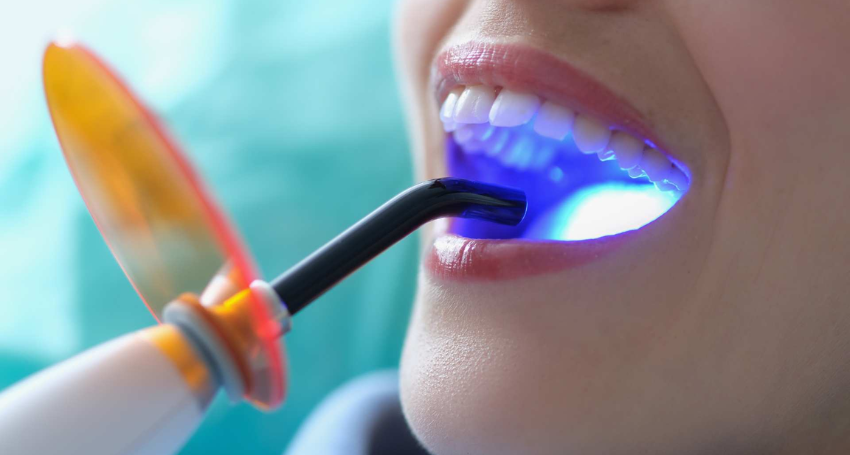
Dentures play a vital role in restoring smiles and maintaining oral health. They help improve speech, chewing, and overall confidence. So, they are an essential solution for tooth loss. However, proper care is crucial to ensure their longevity and comfort.
Neglecting them can lead to bacteria buildup, bad breath, and gum irritation. Over time, it may also compromise their fit. It leads to discomfort and can affect your daily life. By taking the right steps, you can prevent common issues and keep them functioning effectively. Regular care protects oral health and saves you from costly repairs or replacements.
Learn with this blog why diligent maintenance matters and how it directly impacts your well-being.
Understanding the Basics of Denture Care
They restore your smile, and maintaining them properly is crucial. Here is a care routine tailored to specific types and materials.
Types and Their Care Needs
Full dentures replace all teeth, while partial ones fill gaps. Implant-supported ones combine prosthetics with implants for added stability. Each type comes with unique care routines. For instance, full ones require daily soaking, partials need extra attention to avoid damage, and implant-supported ones demand gum and implant hygiene.
Denture Materials and Maintenance
They are crafted from materials like acrylic, porcelain, or flexible resins. Each material influences cleaning methods. Acrylic ones need gentle handling. Porcelain is durable yet prone to chipping. Flexible resins require specific cleansers to avoid wear.
Busting Common Misconceptions
Bacteria and stains can build up quickly on them. Not all cleaning products are safe. Harsh chemicals can damage them. Using a dentist-recommended cleaner to preserve their finish.
Are you looking for procedures to improve your oral health and smile? Find a qualified dentist for dentures in Phoenix, AZ.
Daily Cleaning Routine for Dentures
Proper care starts with a thorough daily cleaning routine. Follow these steps.
- Rinse After Meals: Remove food debris by rinsing them under lukewarm water.
- Brush Thoroughly: Use a soft-bristle brush and a non-abrasive cleanser. Scrub the surfaces to remove stains and plaque.
- Handle Gently: Clean them over a soft towel or water-filled sink. You can avoid damage from accidental drops.
- Right Tools and Solutions: Using the correct cleaning tools can help your procedure last longer. Soft bristles and gentle movements help avoid scratching. Opt for a cleaner designed for dentures. Avoid regular toothpaste. They are too abrasive and can erode the surface.
The Role of Soaking Solutions
Soaking solutions are essential for keeping them clean, fresh, and free from harmful bacteria.
- Look for solutions with antibacterial properties to kill germs and prevent odors. Avoid harsh additives like bleach. Check product labels or consult your dentist to find a reliable option.
- Soaking dentures helps remove stubborn food particles and plaque. Follow the manufacturer’s instructions for soaking time and dilution. Regular soaking prevents discoloration and keeps them looking their best.
- Always rinse them thoroughly after soaking to remove any lingering solution. This step protects your mouth from irritation. Use lukewarm water for rinsing to preserve the denture material.
By choosing the right soaking solution and sticking to a daily routine, you’ll extend the life of your dental procedure. This also minimizes wear and tear, ensuring a long-lasting and confident smile.
Maintaining Comfort While Wearing Dentures
Wearing these should feel comfortable and natural.
- Visit your dentist regularly to check the fit. Ill-fitting ones can cause painful sores and discomfort. Use adhesives to improve stability and minimize movement.
- Be careful of sore spots, gum irritation, or issues in chewing. If they feel loose or cause discomfort, consult your dentist.
- Eat soft, nutritious foods to promote oral health. It will also help your procedure last longer.
- Avoid sticky or hard foods that may dislodge or damage your teeth and the treatment. Staying hydrated helps support your gums and denture fit.
- If you suffer from dry mouth, use saliva substitutes. Stay hydrated to combat dry mouth caused by this procedure.
- Clean them daily to prevent odor-causing bacteria buildup. Brush your gums and tongue gently for better oral hygiene.
Consistent care and attention can brighten your smile without causing unnecessary discomfort.
Enhancing the Lifespan of Your Dentures
- Proper care is essential for preserving them and ensuring they last as long as possible.
- Chewing on hard or sticky foods can crack or dislodge dentures. Stick to dentist-approved options to prevent damage.
- If they break or fit poorly, consult your dentist instead of attempting repairs at home.
Know When to Reline, Rebase, or Replace
- Reline: Consider relining if it feels loose or uncomfortable. This adds material to the inner surface for a better fit.
- Rebase: Rebase them if the base becomes damaged but the teeth are still in good condition.
- Replace: Replace dentures every 5-8 years or sooner if they show significant wear or don’t fit properly.
Always handle them with care to avoid drops or cracks. Schedule regular dental checkups to address issues early and save on major repairs. Adopting a consistent care routine improves your overall oral health and confidence. Feel free to consult your dentist for personalized advice or to address specific concerns. Proper care today leads to long-lasting results and a healthier tomorrow.


